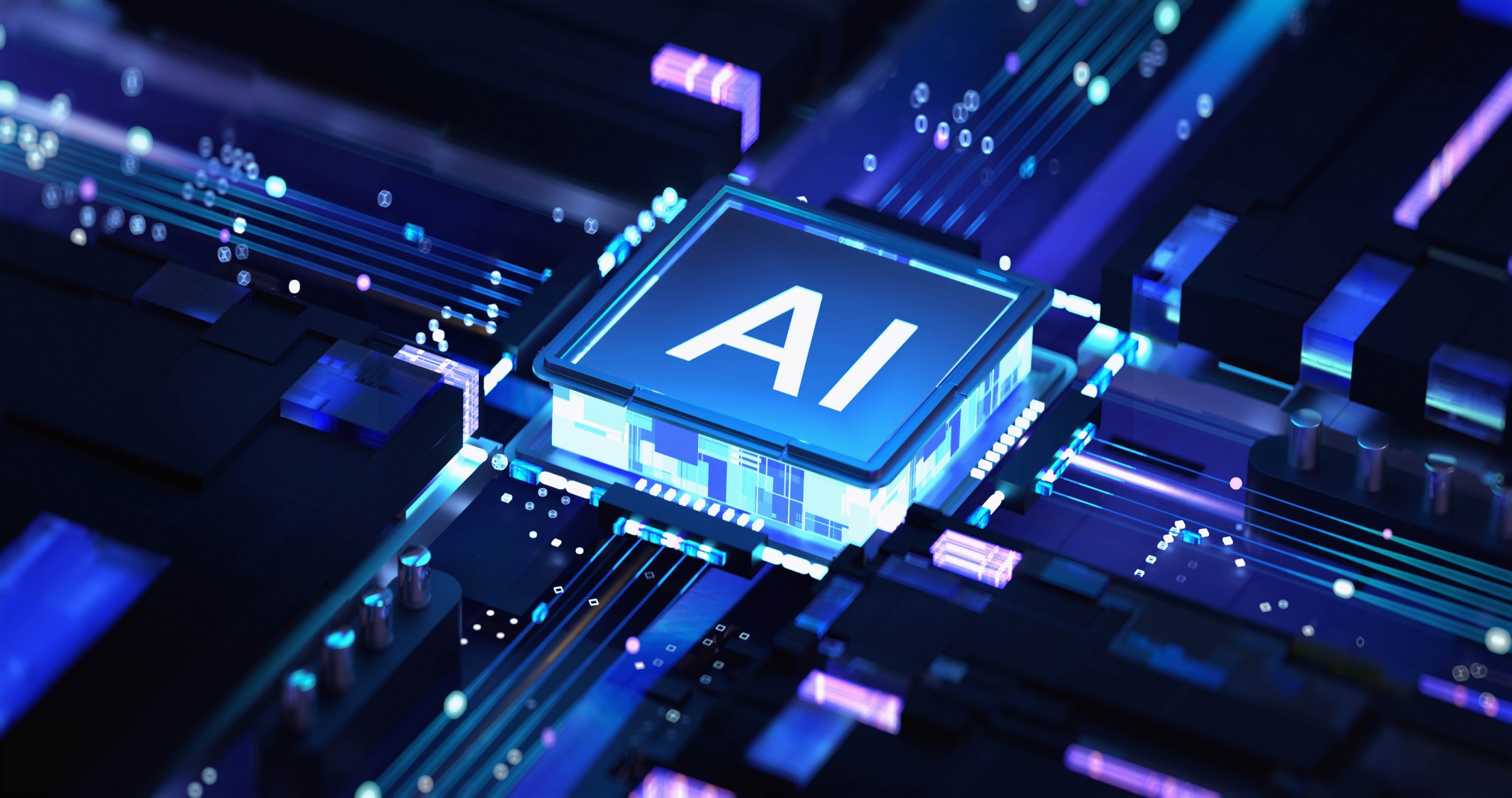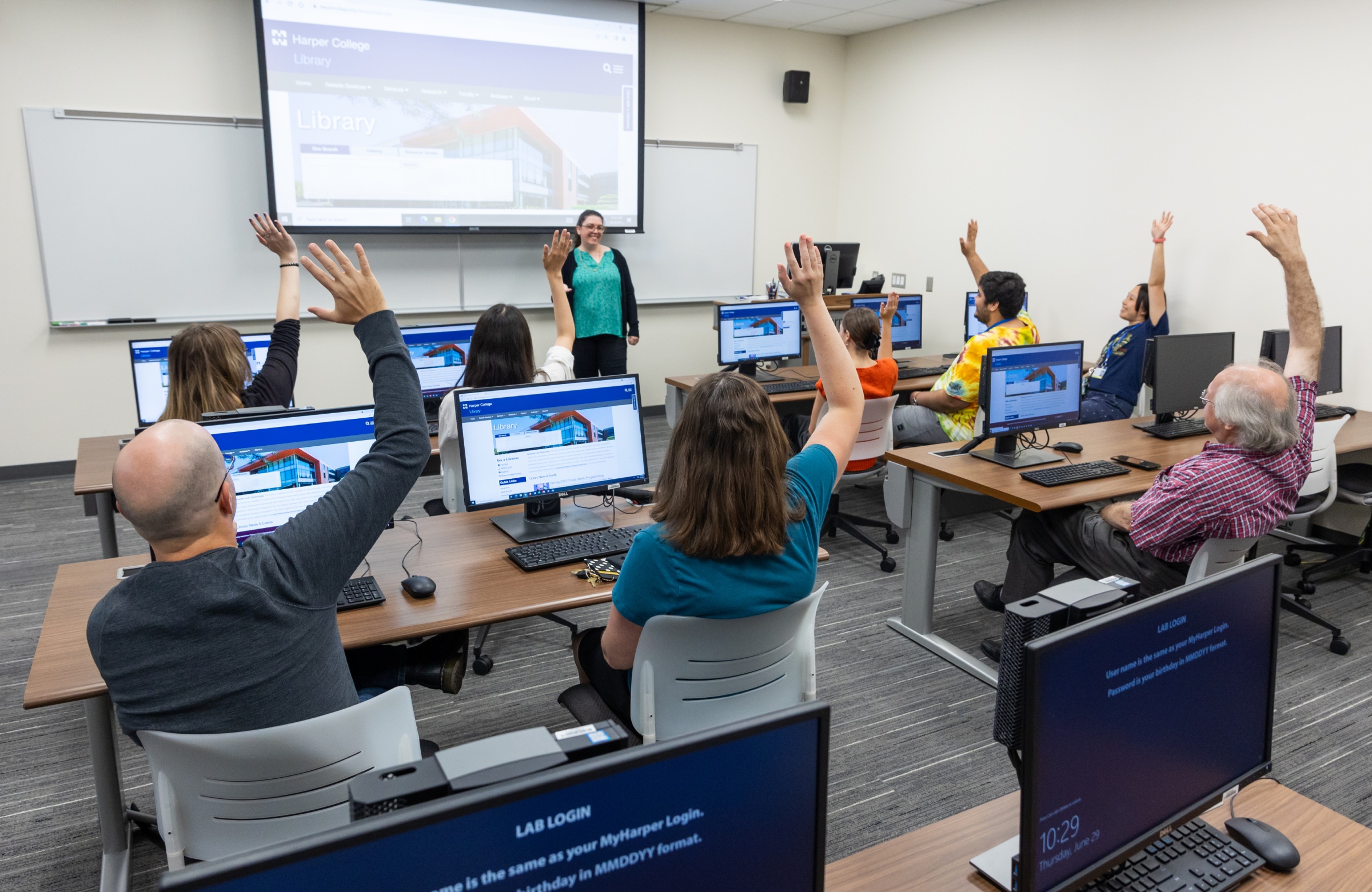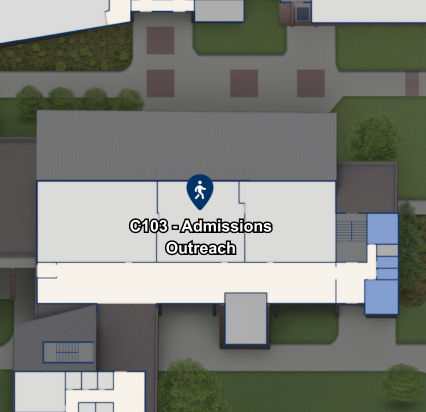AI Cloud Associate Degree
Harper's AI Cloud AAS degree program provides a strong foundation in applied artificial intelligence, machine learning, and cloud concepts. It prepares students for entry-level positions in roles such as Cloud Analyst and Machine Learning Specialist.

AI Training Courses
Continuing Professional Education courses in AI are designed for professionals and beginners to earn credentials that demonstrate knowledge and skills to employers. Courses range from a few weeks to a whole semester and offer opportunities to learn more about artificial intelligence and other emerging technologies.

Cloud Computing Training Courses
Continuing Professional Education courses in cloud computing are designed for professionals and beginners to earn credentials that demonstrate knowledge and skills to employers. Students will be prepared for the CompTIA Cloud+ certification and gain experience with cloud software such as AWS and Azure.

Community Education
Harper Community Education's AI courses offer something for everyone. Courses are designed for students to learn essential skills that can be applied in nearly any industry. New classes are added often, so please visit Community Education for a current list of AI course offerings.

Bridge Foundation AI Courses
Bridge Foundation AI courses provide a valuable starting point for students furthering their education or exploring new interests by introducing industry-relevant topics and essential skills. Students will also learn more about potential career and education paths in artificial intelligence.



